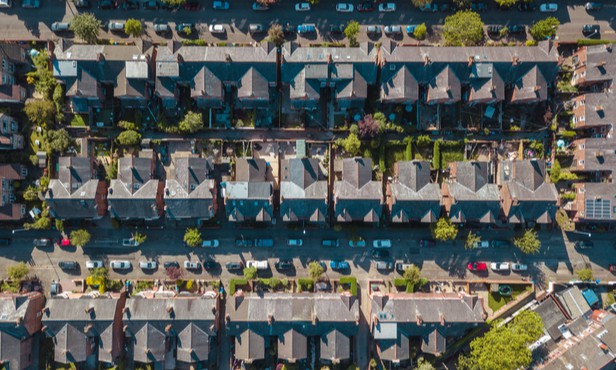House purchase lending in Q3 recovered strongly from the collapse in Q2, according to the UK Finance Household Finance Review.

House purchase lending in Q3 recovered strongly from the collapse in Q2, according to the UK Finance Household Finance Review.
The review also noted that by September activity was nearly back to the levels seen a year ago.
In addition, applications data point to a possible return to annual growth in Q4.
However, the second national lockdown has impacted this.
Moving on to Q1 2021, UK Finance believe that purchase activity is likely to be strong as households seek to take advantage of lending support such as the stamp duty holiday and current Help-to-Buy scheme before their end-March closure.
Looking beyond 31 March, UK Finance believes that purchase activity will come under pressure.
Furthermore, with industry and government support measures in place, including a moratorium on court possession proceedings, Q3 saw static arrears and minimal possessions, which is set to continue in Q4, outlined the report.
Increased demand for lender support is expected to rise next year as employment and incomes come under strain.
UK Finance detailed in its report that the fundamentals behind lending, together with lenders’ forbearance tools, should help to mitigate payment problems.
The report also showed that unsecured borrowing has recovered somewhat in Q3, but with households still cautious against an uncertain economic outlook, levels remain well below those seen before the pandemic struck.
Eric Leenders, managing director of oersonal finance at UK Finance, said: “In third quarter of 2020 the economic and logistical impacts of lockdown receded somewhat, facilitating a strong rebound in the housing market, yet recent further regional lockdowns and tighter restrictions may dampen this to some extent.
“As the stamp duty holiday and current Help to Buy schemes come to a close at the end of Q1 2021, demand for mortgages is likely to be inflated over the next couple of months - beyond that the outlook is uncertain.
“Unsecured borrowing continued to recover but, with consumer confidence still fragile and reduced day to day spending generating savings for some households, levels remain considerably below those seen before the pandemic.
“Payment deferral schemes have helped millions struggling with COVID-related income shocks.
“These will now remain in place into 2021, but with the uncertain employment outlook, there may be further pressure on households’ ability to maintain existing credit commitments. Where customers still need support, lenders stand-by ready to help as required.”
John Goodall, economist and chief executive of Landbay, added: “The chancellor’s housing market stimulus, in the form of the stamp duty holiday, has taken house purchase of to a level that none of us expected back in April, at the start of the pandemic.
“There has been a positive rush to buy houses both residential and buy-to-let.The start of the year was reminiscent of boom times and we have been matching that again in the past quarter with some record weeks.
“While of course the overall the number of housing transactions this year will be less than they would have been without the pandemic, the chancellor’s intervention has meant that many of those who want to buy have been able to.
“Combine this with record low mortgage interest rates and it is a very good time to buy for those who can afford to do so.
“The rush now will be to get those deals over the line before the stamp duty holiday ends, with valuers, conveyancers and many big lenders facing backlogs, it will be all hands to the pump until 31 March.
“While there will then inevitably be a dip, as there is after any artificial cliff edge, people will need to still buy houses and so the market will bounce back once more in the second half of next year.”



